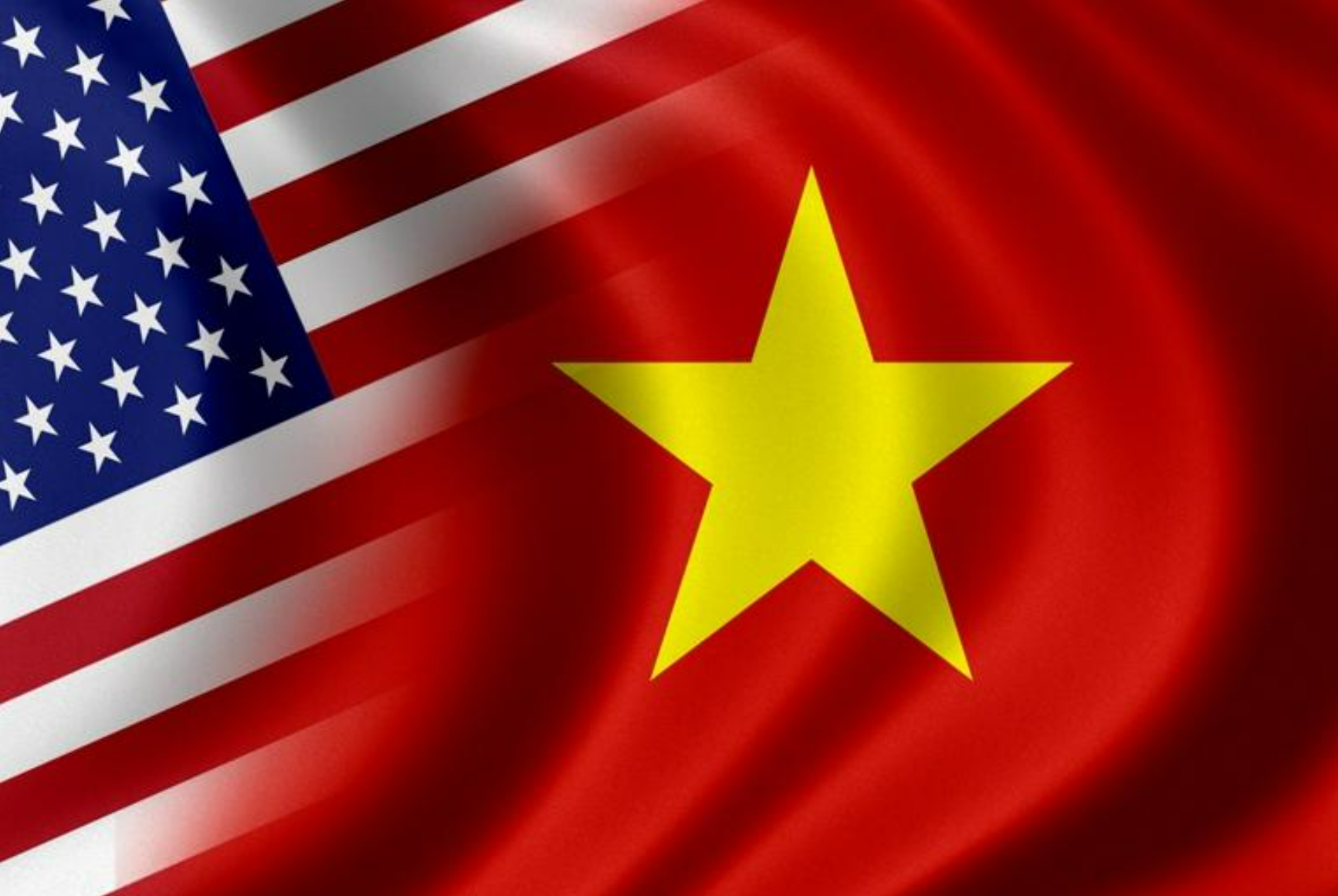Both sides gain from improved strategic ties between the United States and Vietnam. But why will the ruling American neoconservatives still be dissatisfied with the new situation?
U.S. President Joe Biden recently referred to Chinese President Xi Jinping as a “dictator.” This was probably taken as a warning by the Vietnamese leadership. After all, Biden’s ideology divides the world into democracy and autocracy, good and evil. So in Biden’s worldview and that of other American neocons, Vietnam is just as “evil” as China. And the neocons would like to turn it, along with Taiwan, into another Ukraine.
No doubt the Vietnamese leadership is aware that if Washington’s regime change efforts in Moscow and Beijing succeed, Hanoi would be next. I remember an American journalist in Vietnam years ago telling me how closely everyone going in and out of the U.S. Embassy in Hanoi is watched.
Nevertheless, the Vietnamese leadership is pragmatic, wants to maintain friendly relations with all nations and dares to perform a demanding balancing act between the two rival great powers in order to be able to realize its ambitious plans to turn Vietnam into a modern industrialized country with as much prosperity as possible for its citizens.
The emerging comprehensive strategic partnership with Washington will bring several benefits to both Hanoi and Washington. First, Hanoi will be better able to defend itself against incursions by China into Vietnamese territories in the South China Sea, or the East Sea as Vietnam calls it, and second, it will ensure secure and stable supply chains for semiconductors and other high-value electronic products that the United States may wish to import from Vietnam rather than Taiwan, Japan, or South Korea.
It should not be forgotten, however, that Hanoi also maintains an equally comprehensive strategic partnership with Beijing, viewed by Washington as Vietnam’s greatest geopolitical threat, and with Moscow. And, most importantly, China is Vietnam’s largest trading partner.
Put into perspective, Zachary Abuza, a Southeast Asia security expert at the National War College in Washington, DC, cautions against “overstating” the geopolitical significance of the comprehensive strategic partnership.
Put into perspective, Zachary Abuza, a Southeast Asia security expert at the National War College in Washington, DC, cautions against “overstating” the geopolitical significance of the comprehensive strategic partnership.
“Symbolically, it is important. I don’t want to take away from the symbolism, but these are unilateral Vietnamese rankings; they have no real meaning beyond symbolism,” Abuza told the South China Morning Post, adding that Washington was more keen to risk upsetting Beijing than Hanoi was.
“Obviously, the Americans are trying to play up the pressure and show that this is a Vietnamese rejection of Chinese aggression and wolf warrior diplomacy,” said Abuza, adding that Vietnam sees it differently.
“I personally view it more as Vietnam’s attempt to show the world, including China, that it has an omnidirectional and independent foreign policy beholden to no country,” he concluded.

Contrary to the expectations of American neoconservatives, the geopolitical balance will hardly shift noticeably in America’s favor, as economic realities – at least from Vietnam’s perspective – will undoubtedly play the main role.

